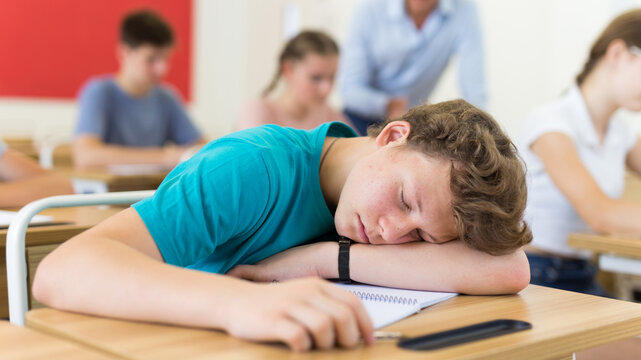When humans overwork themselves and deprive themself of essential rest, they often experience symptoms of conditions known as burnout and fatigue, but what exactly is burnout and fatigue? Where do these conditions show themselves?
What is Burnout & Fatigue Scientifically?
Burnout is defined as “a state of emotional, mental, and often physical exhaustion brought on by long and/or repeated stress”, this is often followed by symptoms of fatigue which is defined as “extreme tiredness resulting from mental or physical exertion or sickness”, both of these are extremely similar so much so they often follow each other. Studies have shown suffering from burnout and fatigue, especially by exhaustion, is incredibly dangerous. Prolonged lack of sleep (a common cause of both burnout and fatigue) has shown a comparison to the effects of alcohol abuse, being awake for 12-18 hours results in activity similar to a 0.05% BAC (blood alcohol content), staying up 20 hours is equivalent to a 0.08% BAC, and staying up a full 24 hours is equivalent to a 0.1% BAC. Though these numbers seem small, it is illegal to have anything above a 0.05% BAC in all 50 states.
Burnout & Fatigue in Schools
Though some people play it off, burnout and fatigue often rear their heads within students and in the school system, more prominently in high school and college. The likeliest reason for this is due to customization with classes, especially in high school with the creation of Advanced Placement (AP) classes. These more advanced classes along with still difficult required courses lead to prolonged study times in students, these prolonged study periods lower the amount of sleep each student gets and therefore increases senses and symptoms of burnout and fatigue. Jobs, clubs, and sports can also decrease your sleep time and increase stresses that cause both burnout and fatigue. “I sleep about 4 hours a night,” states Sydney Ashton (12), who is loaded up on clubs, AP classes, and a job, “I stay up around 20 hours a day, and spend 3 of those hours on studying, the rest is either work or sports or clubs.”
This prolonged awake period is incredibly harmful to your functions and overall abilities to think and use your motor functions.
“It feels neutral to rest, I only really feel an effect over the weekends. I noticed I cannot talk as fast or as properly because of this lack of sleep as well,” said Luke Wylie (11), another student affected by fatigue, so much so to the point he had to drop classes to get even a few hours of sleep at all. “I get around 4 hours of solid sleep, and spend all of the rest of the time doing either extracurriculars or schoolwork.” Wylie states, “Sleep only makes me feel more exhausted, I have at least 300 mg of caffeine every day to be able to stay awake. The lack of sleep has made studying, focusing, socializing, and concentration harder. I also have a lot of headaches but I cannot tell if it’s from the caffeine or the exhaustion.” This is an extreme case of fatigue, and by the end of year he is likely to recover, however, in these cases rest is required in order to recover to proper functionality.
Burnout & Fatigue in Work
Burnout and fatigue is common in the work world, especially with more gruesome jobs that require long hours and stressful conditions. Jobs that include lots of manual labor and mental focus can further cause these stressful burnouts and fatigue causing symptoms. Airline pilot Pete Palus specializes in working “redeye” type trips, which are trips at either early morning or late night. “It’s pretty stressful, the constant travel and sometimes the conditions up at 14,000 ft,” he states, “staying up all those hours and then rushing to another gate to do it all over again isn’t the best condition mentally, and depending on the size of an airport, it isn’t the best physically.” He further states that his best reliever of these symptoms comes from socializing, and properly scheduling his trips in order to sleep more. On average, he sleeps around 6-8 hours per day, and extra upon arrival back home where he tends to take extended breaks in order to keep himself mentally and physically awake and focused.
Ways to Avoid Burnout
The most basic way to avoid burnout and fatigue is self care. This can entail a lot of different things, but things like calming activities, getting good sleep (minimum 8 hours), understanding the signs of burnout and fatigue, and for some, exercising is a good way to relax yourself. Another thing people do is set boundaries for themselves in order to avoid overworking or overdoing different things.








